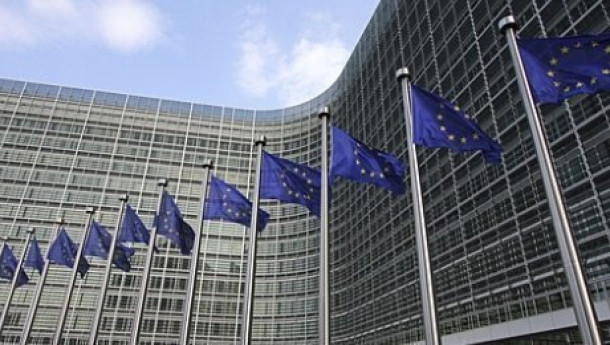
Cyprus may be forced by its creditors to construct a pipeline to export gas via Turkey, estimates the magazine Economist, in its current report for the island's status.
Among the options examined for the sustainability of the Cypriot debt are the borrowing of the full amount by the troika and the delay in repayments until the benefits of a huge gasfield find off its southern coast begin to flow.
“For political reasons, the Cypriots plan to export the gas via a costly LNG terminal that could take 15 years to generate revenue”, the magazine said.
“But Cyprus’s creditors may press for the faster (and cheaper) option of building a pipeline to Turkey: something that, with settlement talks with the Turkish-Cypriot north stalled, Greek-Cypriots would find hard to swallow”, it added.
The Memorandum of Understanding agreed between the troika and the government requires the briefing of the creditors on the gas reserves in the region and the supervisory regime governing energy.
For the hydrocarbon fund, the memorandum notes that "as a first step, the Cypriot authorities should submit the draft legal framework for inspection by the partners in the program, taking into account the best international practices, as well as the detailed action plan”.
In a recent report, RBS estimated the value of hydrocarbon reserves located in the Cypriot exclusive economic zone close to €620 billion. The reserves in plot 12, which are already under drilling by Noble, are estimated close to €90 billion.
Net revenues from the exploitation of hydrocarbons are estimated close to €100 billion over time.
Yesterday, the Cypriot government signed an agreement for licensing plots 2, 3 and 9 with Italy's ENI and South Korea’s Kogas.
"The oil and gas industry has shown significant attention recently to the Levantine Basin since it is one of the new mining fields with huge prospects”, ENI said yesterday in its statement.
It believes the area is of strategic importance for both mining and production purposes.
The Cypriot government has not yet decided to build liquefaction terminal.
Among the options examined for the sustainability of the Cypriot debt are the borrowing of the full amount by the troika and the delay in repayments until the benefits of a huge gasfield find off its southern coast begin to flow.
“For political reasons, the Cypriots plan to export the gas via a costly LNG terminal that could take 15 years to generate revenue”, the magazine said.
“But Cyprus’s creditors may press for the faster (and cheaper) option of building a pipeline to Turkey: something that, with settlement talks with the Turkish-Cypriot north stalled, Greek-Cypriots would find hard to swallow”, it added.
The Memorandum of Understanding agreed between the troika and the government requires the briefing of the creditors on the gas reserves in the region and the supervisory regime governing energy.
For the hydrocarbon fund, the memorandum notes that "as a first step, the Cypriot authorities should submit the draft legal framework for inspection by the partners in the program, taking into account the best international practices, as well as the detailed action plan”.
In a recent report, RBS estimated the value of hydrocarbon reserves located in the Cypriot exclusive economic zone close to €620 billion. The reserves in plot 12, which are already under drilling by Noble, are estimated close to €90 billion.
Net revenues from the exploitation of hydrocarbons are estimated close to €100 billion over time.
Yesterday, the Cypriot government signed an agreement for licensing plots 2, 3 and 9 with Italy's ENI and South Korea’s Kogas.
"The oil and gas industry has shown significant attention recently to the Levantine Basin since it is one of the new mining fields with huge prospects”, ENI said yesterday in its statement.
It believes the area is of strategic importance for both mining and production purposes.
The Cypriot government has not yet decided to build liquefaction terminal.


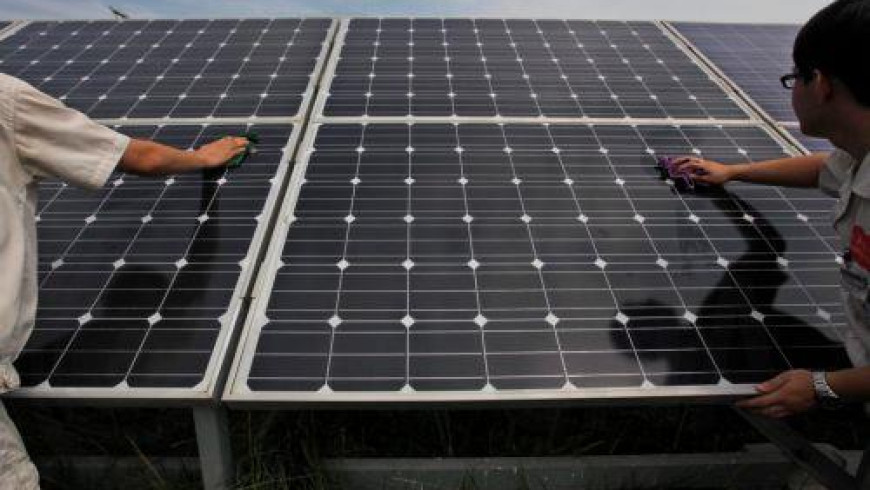
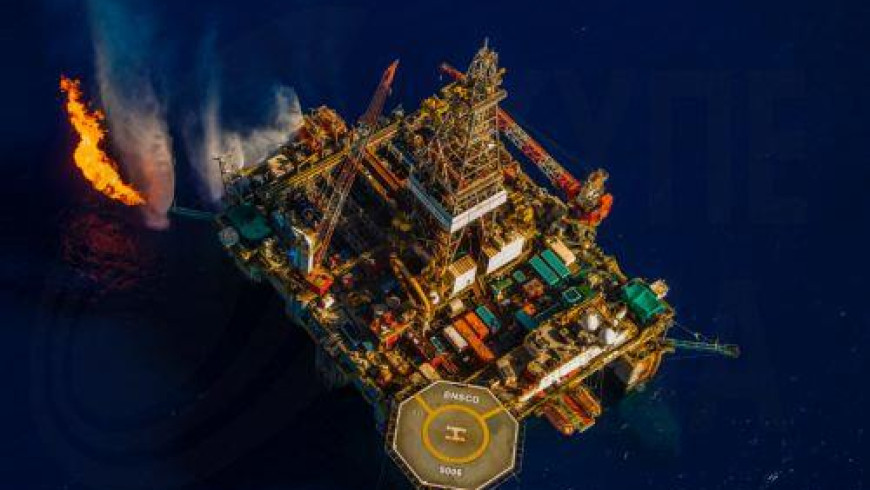
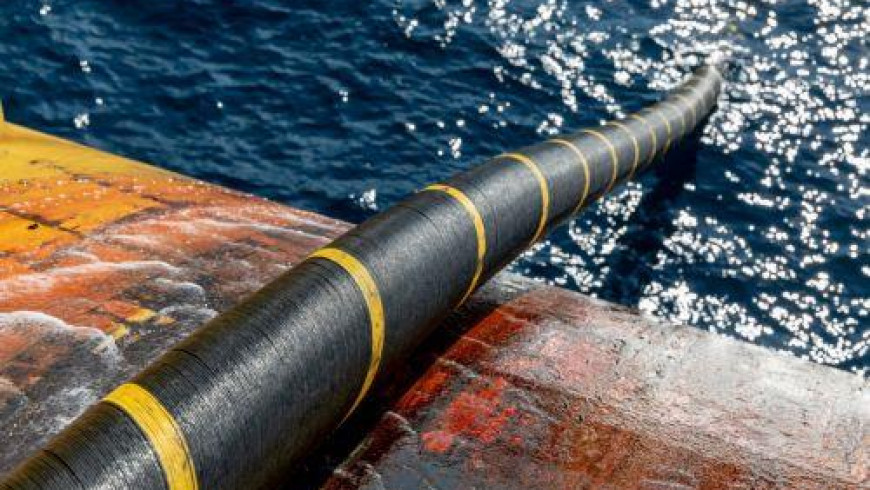
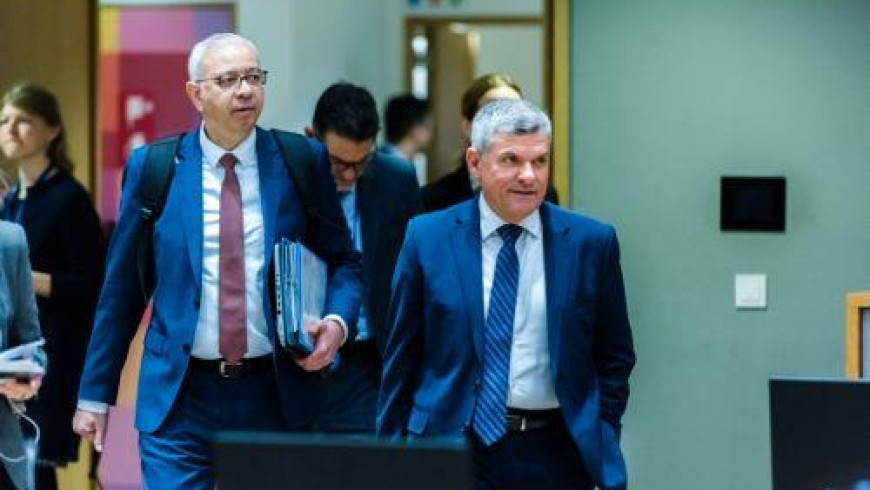
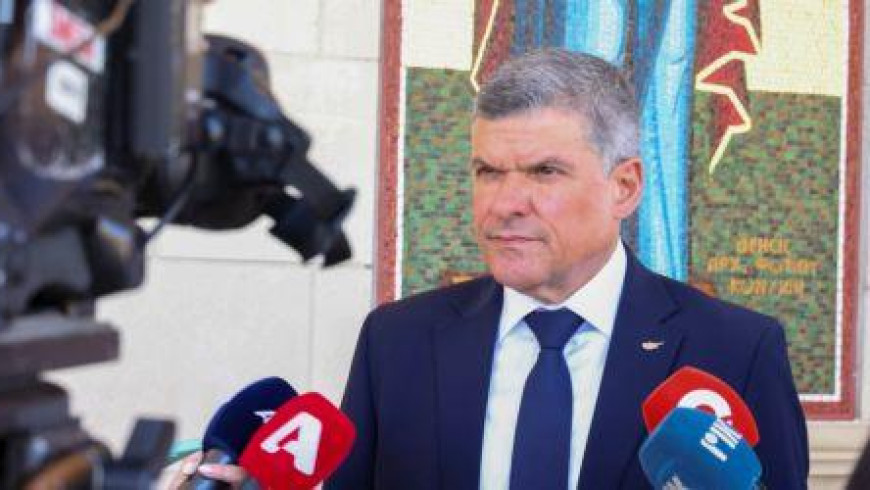
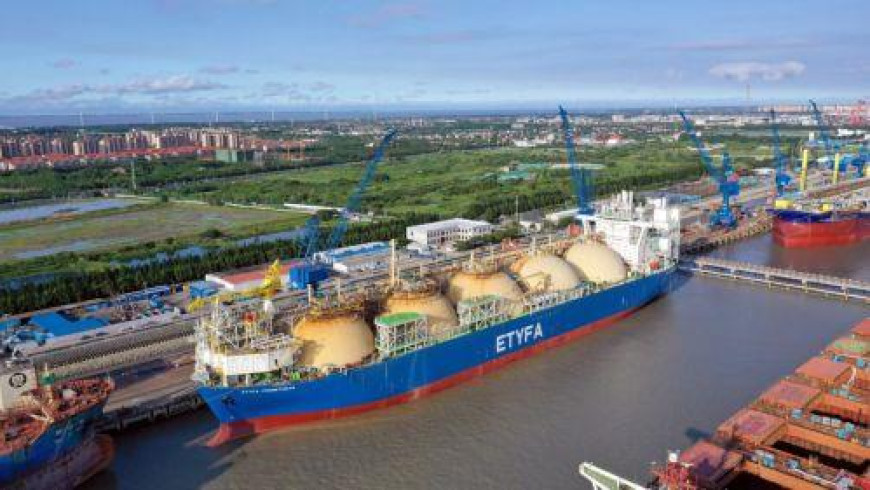
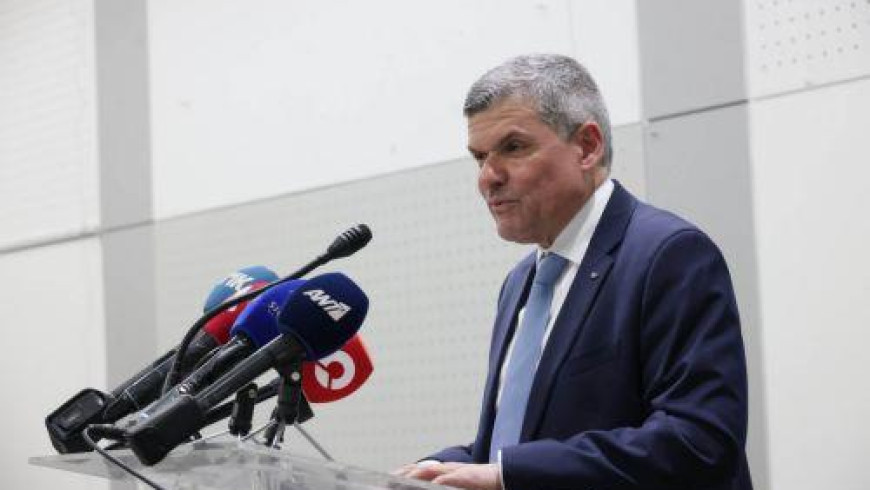




 3287.99
3287.99 1275.09
1275.09
